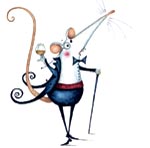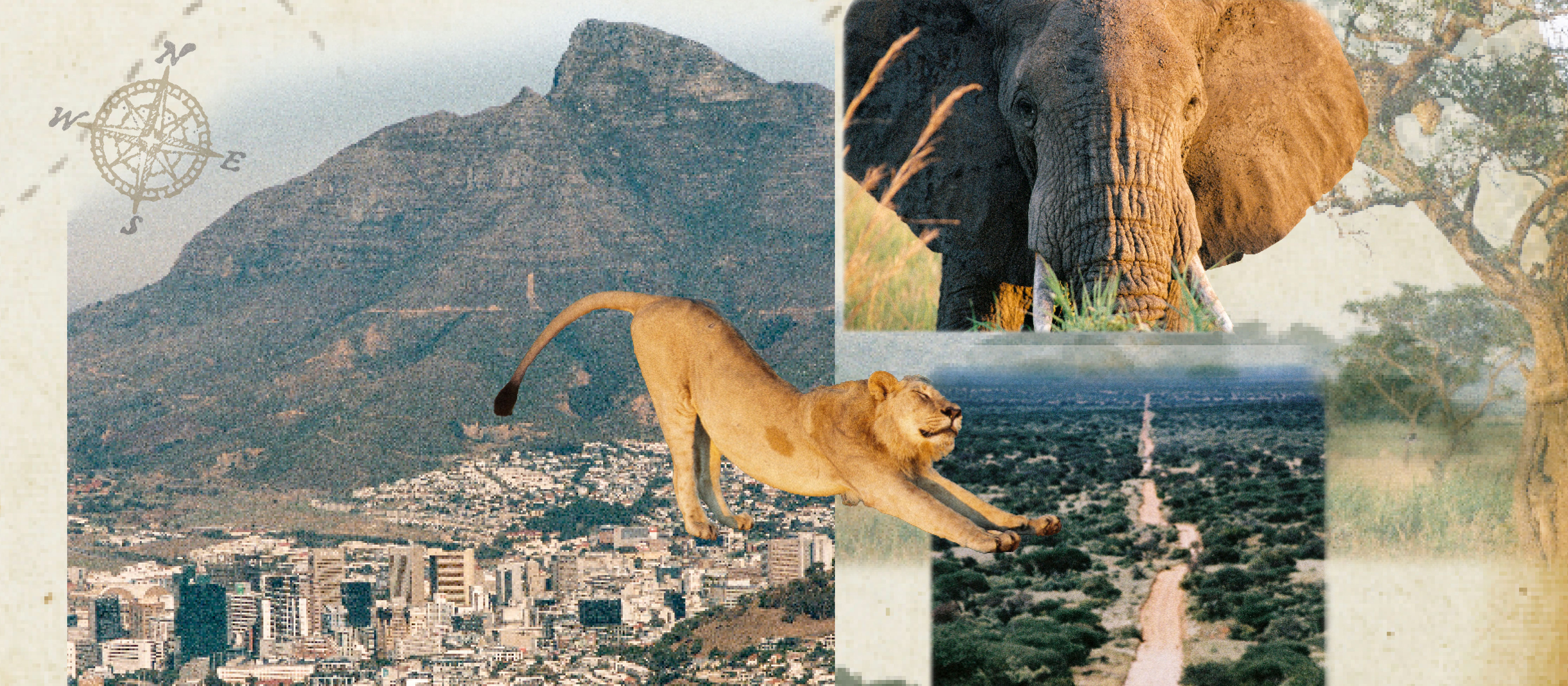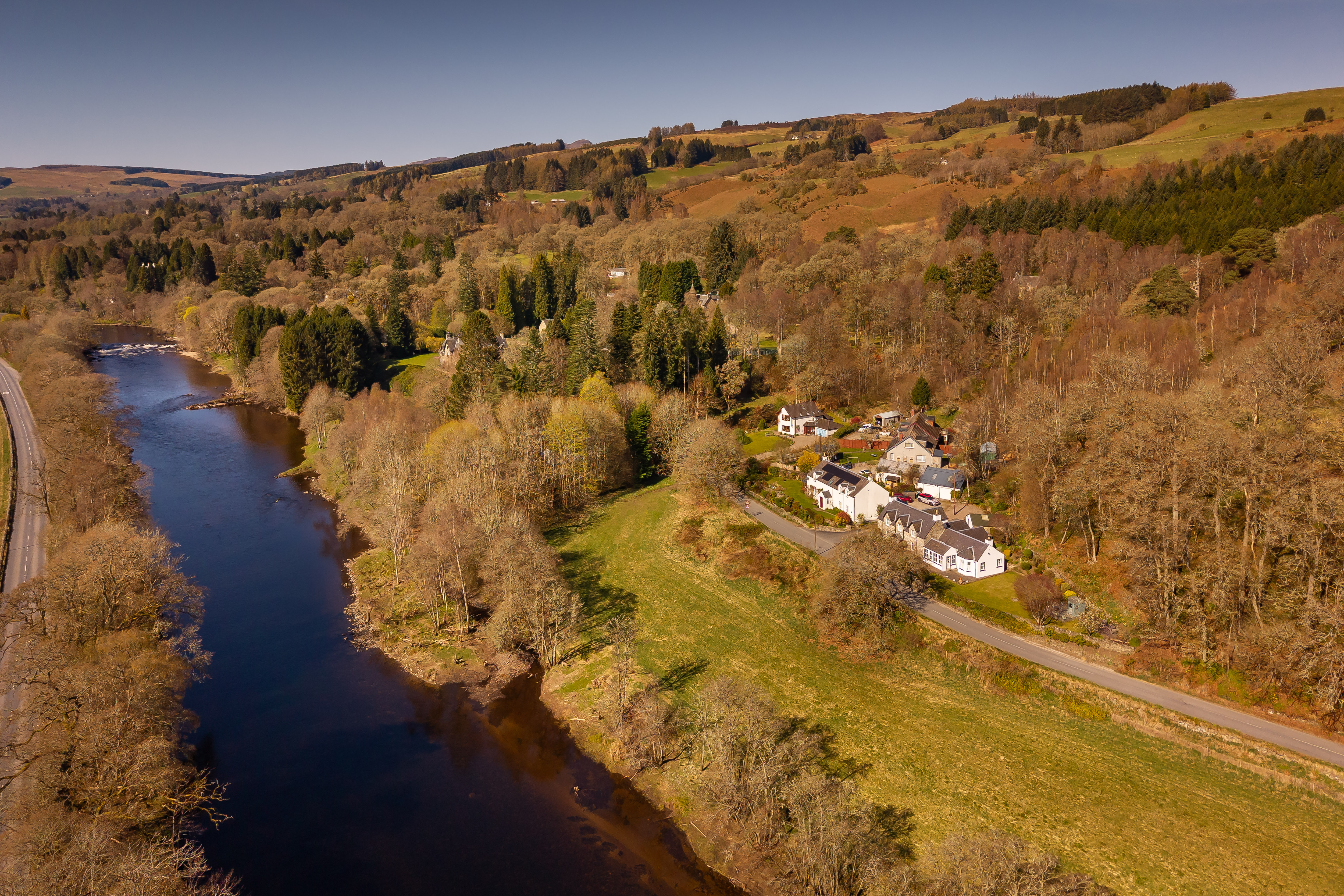Town mouse on WWI
How should we remember the First World War? Certainly through history, but also through literature, says Clive


When I was growing up, I didn't think much about the First World War. It seemed so remote from the 1960s. The Bridge on the River Kwai and The Great Escape, shown remorselessly, belonged to a more recent conflict. Now, a century seems shorter than it did. Having lived through more than half of one provides a different perspective. Three generations, so much change. Then, Britain had Empire, coal and corncrakes; now, we have warm houses, healthcare and the internet. Unfortunately, we haven't become much more prescient about making wars.
* Subscribe to Country Life and save
These reflections struck me at Brasenose College, Oxford, last week, where I was on a panel to discuss how the First World War should be remembered. Brasenose's own sacrifice can be seen from the war memorial. As Sir Hew Strachan reminded us, losses among university and public-school men-lieutenants and captains leading from the front-were disproportionately great.
We were asked whether modern fiction enriches or poisons understanding. Having written a novel about the Salonika front (The Birdcage, out shortly), I declare an interest. Good history tells us what happened. Novels, if thoroughly researched and written with imaginative sympathy, evoke what it might have been like-for us.
* Follow Country Life magazine on Twitter
Sign up for the Country Life Newsletter
Exquisite houses, the beauty of Nature, and how to get the most from your life, straight to your inbox.
Country Life is unlike any other magazine: the only glossy weekly on the newsstand and the only magazine that has been guest-edited by HRH The King not once, but twice. It is a celebration of modern rural life and all its diverse joys and pleasures — that was first published in Queen Victoria's Diamond Jubilee year. Our eclectic mixture of witty and informative content — from the most up-to-date property news and commentary and a coveted glimpse inside some of the UK's best houses and gardens, to gardening, the arts and interior design, written by experts in their field — still cannot be found in print or online, anywhere else.
-
 Vertigo at Victoria Falls, a sunset surrounded by lions and swimming in the Nile: A journey from Cape Town to Cairo
Vertigo at Victoria Falls, a sunset surrounded by lions and swimming in the Nile: A journey from Cape Town to CairoWhy do we travel and who inspires us to do so? Chris Wallace went in search of answers on his own epic journey the length of Africa.
By Christopher Wallace
-
 A gorgeous Scottish cottage with contemporary interiors on the bonny banks of the River Tay
A gorgeous Scottish cottage with contemporary interiors on the bonny banks of the River TayCarnliath on the edge of Strathtay is a delightful family home set in sensational scenery.
By James Fisher